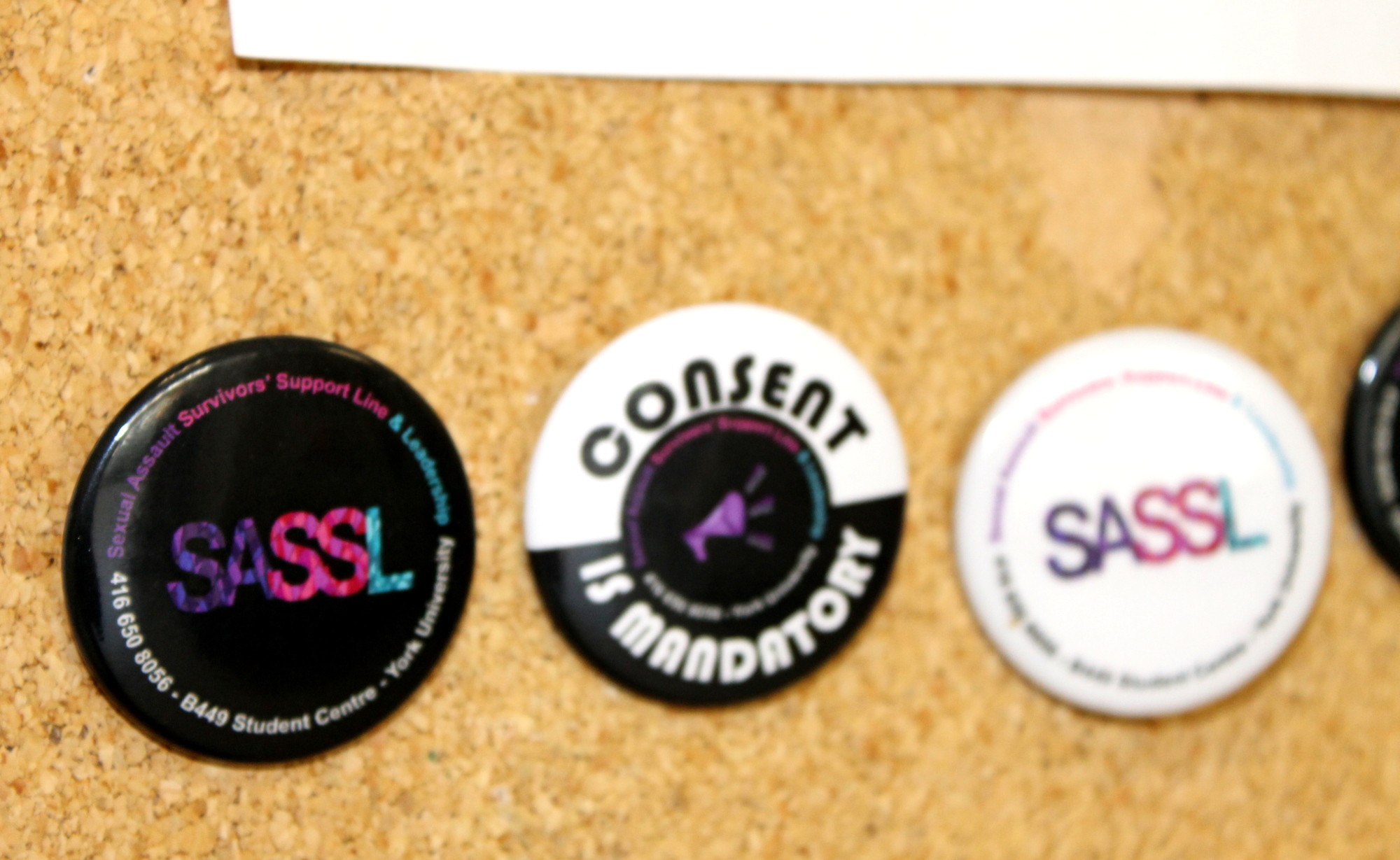Jodie Vanderslot | Health Editor
Featured Image: We’ve made consent into this word that’s directly associated with sex, however it’s much more than that. | Basma Elbahnasawy
When it comes to sexual consent, it’s crucial that everyone is on the same page, and that there is no confusion with its meaning. Although raising awareness of what constitutes sexual consent has been a large focus on university campuses across North America, sexual violence continues to be an issue on campus and a hot-button topic during the first few weeks of school.
By definition, sexual violence is any form of unwanted sexual act, or attempt to obtain a sexual act through violence, coercion, or trafficking. Whether it be through an indecent act or unwanted pursuit, sexual violence includes words, gestures, implied meanings, or any other sexual act in which consent was not obtained. It can be physical, emotional, or psychological.
We’ve made consent into this word that’s directly associated with sex, however it’s much more than that. Consent is a vital part of creating a culture and community in which everyone feels safe and comfortable to live in. It is voluntary, clearly expressed through both words and behaviour.
Silence does not permit consent. It is clearly communicated, not negotiated. Under Canadian law, an unconscious or intoxicated person under the influence of drugs or alcohol who is unable to knowingly consent cannot legally agree to sexual activity. Past consent does not guarantee future consent. A person has every right to change their mind at any point in time, because consent is ongoing.
There are services and support options to utilize on campus, including the Sexual Violence Response Office (SVRO), which is located in Room W128 in the Bennett Centre for Student Services, as well as the Sexual Assault Survivors’ Support Line and Leadership (SASSL), which is located on the fourth floor of the Student Centre.
In December 2016, York’s Sexual Violence Policy was approved by the Board of Governors, leading to the establishment of the SVRO, York’s official and recommended first point of contact for survivors of sexual violence in the community. There, the SVRO will provide guidelines and assistance following the formal complaint processes, and will be able to further coordinate academic and workplace accommodations, support, and resources.
The organization advocates on behalf of survivors and places the control back into their hands, ensuring that both their physical and emotional needs are met, and their options are well-communicated. They are available 24 hours a day, seven days a week, and can be reached at (416) 736-5211.
SASSL, which has been at York since 1995, is an on-campus organization that seeks to provide non-judgmental support and referrals to survivors, and offer peer support and referrals to survivors of sexual violence. It also provides educational outreach programs and information sessions around campus, as well as working collaboratively with York, and Residence Life. The organization also offers a 24-hour support line during the fall-winter semesters, and can be contacted at (416) 650-8056.
SVRO and SASSL are your on-campus resources not just for Orientation Week, but throughout your time at York. These resources are dedicated to ensuring that the needs of survivors are met, and they are able to access these resources to receive the support that they need and desire. Your safety should never be compromised at the expense of anything or anyone.
You are not alone, and you are supported.




